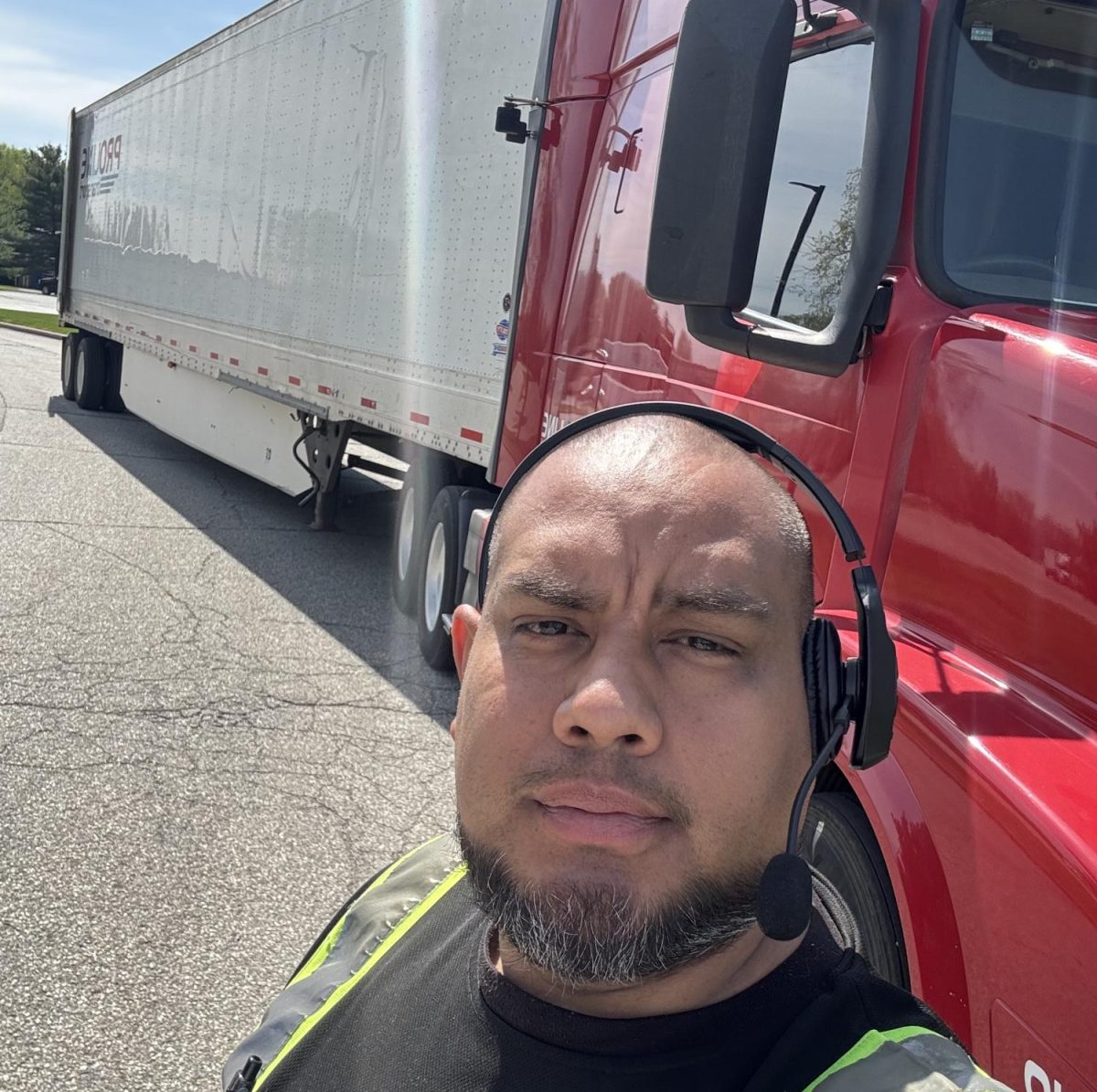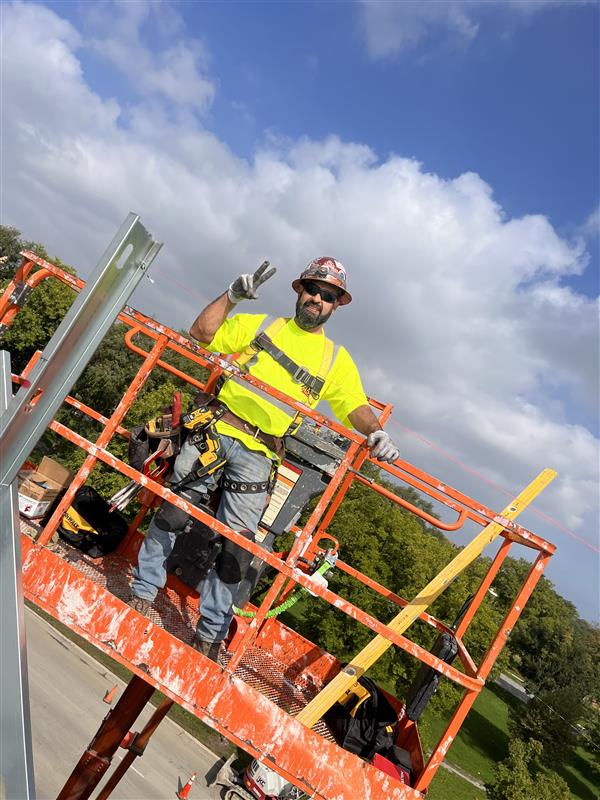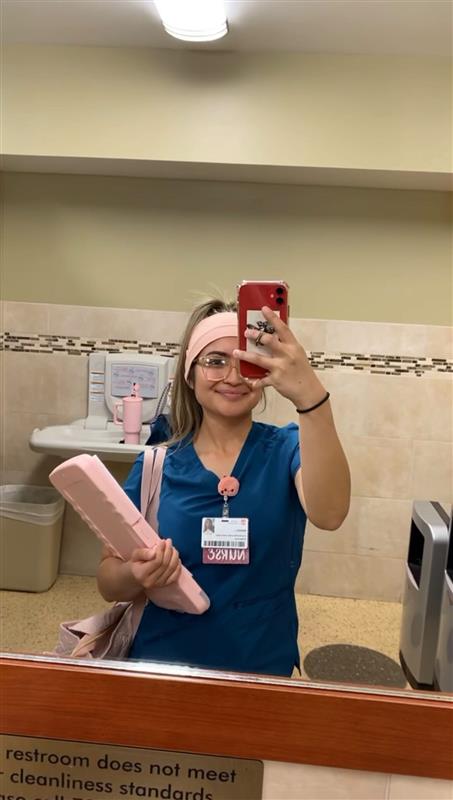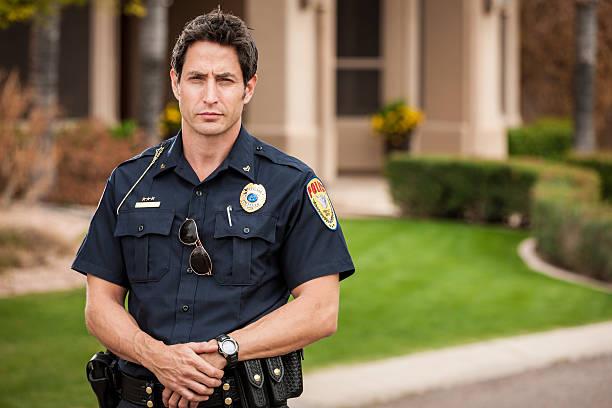Lauren Sapienza works as a speech therapist, where they have been employed for N/A. Lauren specializes to help people develop their communication skills if they have trouble.
Here’s what she had to say about their job:
Q: What inspired you to become a Speech Therapist?
A: When I was in high school, my father had a stroke and had to see a speech pathologist to speak again. When I was in college my grandfather had a stroke and had to learn language by understanding direction, figuring out how to navigate in stores and I thought that was really cool.
Q: What does a typical day look like in your job?
A: The typical day of a Speech path varies I could work in Early Intervention, which is with babies under three to help with varying levels of communication issues and delays. I can work in the school systems which I have and loved. Mainly my caseload for schools was articulation and language where it would be like following directions. I could work in private practice and make my own business company. I can also work in hospitals usually in a hospital setting, I would see stroke, victims, or people that have had head injuries or swallowing disorders. I could also work in nursing homes for people. They’ve had issues with dementia, head injuries for language, understanding Parkinson’s, so the field is very flexible..
Q: How to you keep your younger clients engaged during sessions?
A: To keep any patients, but especially my younger patients engaged you have to meet them where they are at their level and truly really get to know who they are as a person and what they enjoy for any client that I see unless they truly feel comfortable around you and willing to participate you really have to fully be committed to understanding their strengths.
Q: Do you work with people of all ages or focus on a specific age group?
A: Currently I only work in Early Intervention birth to three. But have worked in public schools, hospital, and private clinic.
Q: What advice would you give someone considering a career in speech therapy?
A: Before getting into a program I would consider shadowing a SLP in multiple settings to get a feel for what the day is like mentally and physically. For me hospitals burn me out and I fell in love with working with EI .
Q: How can parents support speech development at home?
A: Parents are the main shift in carryover for early intervention due to the fact a therapist sees a client for one hour while the parent is 27/7. Coaching parents on a speech/language routine and providing ways to add into the family structure helps progress. I provide ideas to add and usually send a monthly calendar of language ideas for families
Q: What’s the most rewarding part of your job?
A: . The most rewarding part of my job is to see the confidence a child receives once therapy has begun. The smiles I see when a child can communicate their needs and wants is the best.
Q: How do you adjust therapy for clients with learning differences?
A: . Adjusting therapy due to their learning differences might take some time for Therapist to learn, but you meet the child where they’re at and slowly incorporate strategies to increase their language or speech
Q: How often are therapy sessions needed and how long do they usually last?
A: Therapy sessions. It depends on the setting in the hospital setting. It could be 15 minutes. It could take an hour in a school setting. I could take 30 minutes a session. It could take 60 minutes a week. Their minutes are differentiated due to an IEP in the early intervention center therapy is 45 minutes or then I do an extra 15 minutes of notetaking, depending on how long like the could some session some speech clients could be years some can take months it depends on the level of supports they need
Q: How do you keep up with new research and methods in speech therapy?
A: by law, we have to have continuing education to keep up with best practices. With the speech pathology we go to Asha, which is the American speech and hearing Association. We have to have 30 continuing education units every three years and on top of that for Early Intervention I have to have Early Intervention continuing education so in total, I have to have 60 continuing educational hours.
There are always conferences but most importantly I have to make sure the conference has peer reviewed evidence based research to back up the therapy process and recommend strategies






